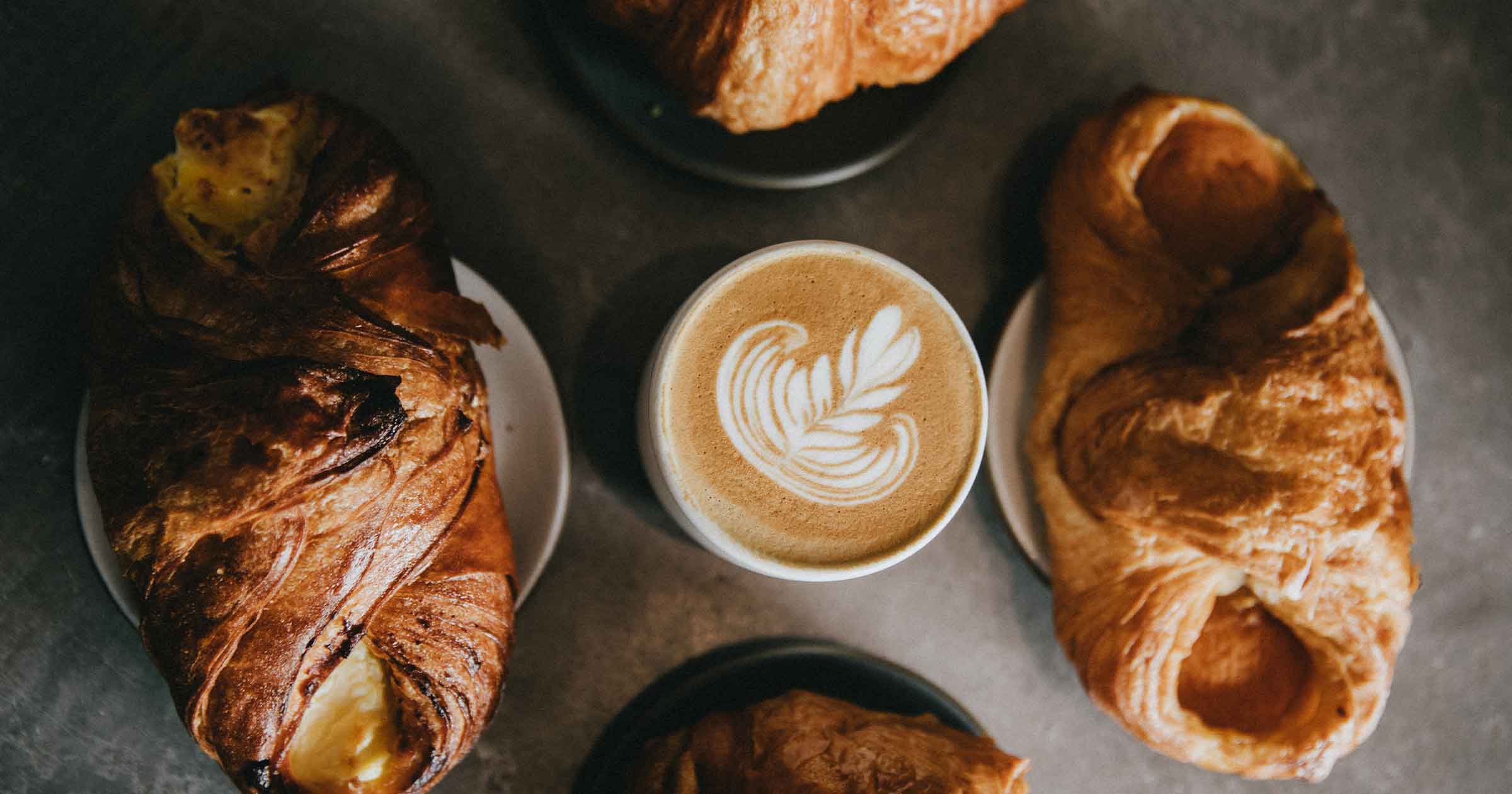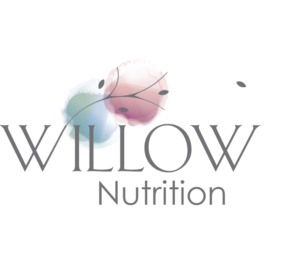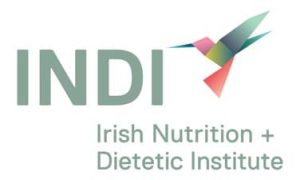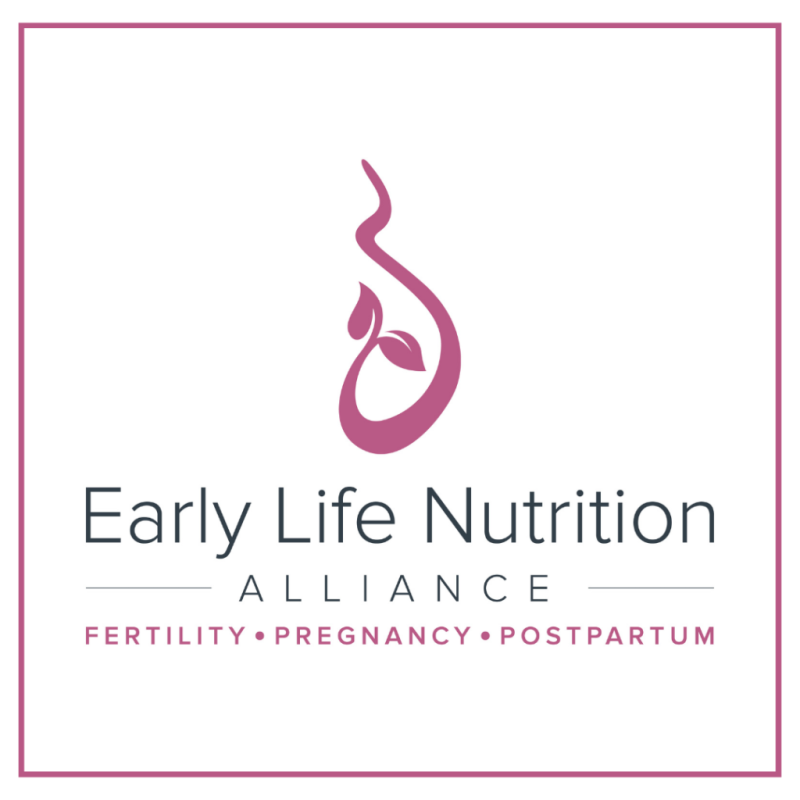Now, more than ever we are being faced with challenges on how to keep ourselves and our loved ones well. Food and what we eat can help support our physical and mental health.
Does what we eat actually influence how we feel?
If you google food and mood, you will find thousands of articles on what foods to include to keep you ‘happy’. While certain foods can help fuel our brains, keep blood sugars stable and keep us feeling satiated, other foods and drinks can lead to sharp energy spikes and dips which can cause us to feel full of energy one minute and knackered the next.
So what should we be eating to support our mood?
While it is important what types of foods we are eating, it is also necessary to think about when, why and how we are consuming food and fluids.

Meal pattern
Regular energy (and the right type of energy sources) will keep us satisfied and fuller for longer. Erratic meal patterns are linked to an increased risk of obesity, type 2 diabetes, blood pressure and heart disease. Planning each day and aiming to get three meals spaced throughout the day is a good start. Structuring these meals around a portion of high fibre, whole grain carbohydrates, protein in the form of milk, yogurt, eggs, meat, fish, eggs, beans, pulses or vegetarian protein alternatives and fruit or vegetables, small portions of plant based fat.
Caffeine
Now don’t get me wrong, it is not to say that your morning cup of coffee needs to be vetoed but looking at the quantity and frequency of caffeine intake throughout the day is a place to start. Caffeine can improve alertness and counter effects feelings of fatigue but high quantities can negatively impact sleep and can lead to headaches, irritability and anxiety.
feelings of fatigue but high quantities can negatively impact sleep and can lead to headaches, irritability and anxiety.
The recommended daily limit for caffeine intake is 400mg or 200mg if you’re pregnant. A cup of your standard instant coffee will include roughly 78mg of caffeine.
Carbohydrates – we need them!

Carbohydrates get a bad rap. When really we need them. We cannot survive without them. Carbohydrates are found in many foods including rice, potatoes, pasta, fruit, some vegetables, beans, pulses, milk, yogurt and processed foods like crisps, sweets and chocolates. When we eat carbohydrates, from any source they are broken down into simple sugar molecules called glucose. Twenty percent of our energy intake is used by our brain, glucose literally powers our brain. Glucose also fuels our muscles (our movement) and helps us maintain body temperature as well as many other physiological roles. Choosing the right types of carbohydrates are important. Selecting wholegrain cereals, vegetables, fruit, legumes and lower fat dairy are good options. They also provide us with fibre, B-vitamins and calcium to name but a few. Regular, high fibre foods will support brain power, concentration as well as keeping us fuller for longer.
Eat the rainbow
This brings us onto colour. Including a variety of naturally colourful foods in the form of beans, pulses, grains, fruit and vegetables provides us with a range of essential vitamins and minerals. Iron – low levels of iron can cause tiredness and result in us feeling weak. Iron is found in red meat, poultry, fish, beans and fortified cereals.  B-Vitamins – poor intake of B vitamins can lead to tiredness, feeling depressed or irritable. B vitamins are found in fortified whole grain cereals, animal protein foods such as meat/fish, eggs and dairy, green vegetables and citrus fruits. Selenium – low intake of selenium may increase the feelings of depression. Selenium is found in brazil nuts, meat, fish, seeds and wholemeal bread.
B-Vitamins – poor intake of B vitamins can lead to tiredness, feeling depressed or irritable. B vitamins are found in fortified whole grain cereals, animal protein foods such as meat/fish, eggs and dairy, green vegetables and citrus fruits. Selenium – low intake of selenium may increase the feelings of depression. Selenium is found in brazil nuts, meat, fish, seeds and wholemeal bread.
Alcohol

Alcohol is a well-known depressant and can negatively impact our mood for days after consumption. Also what we add to our alcohol can also have an impact in our mood. Typically we may mix a spirit with a fizzy drink high in sugar or caffeine. Or the food choices we make around alcohol consumption may also be processed foods, high in sugar and fat.
If you find that alcohol is appearing in most of your days then it may be worth looking at reducing it down. Not only do we need at least two alcohol free days a week to allow our liver to regenerate, increased alcohol intake can lead to weight gain, negatively impact sleep and exacerbate anxiety and depression.
Mindful eating/environment
While this isn’t food per se, it is important to look at how, why and where we are consuming food. In a world where we are all racing around, leading very busy lives we can often neglect to notice what we are nourishing our bodies with. Skipping breakfast and replacing it with a coffee on the go, eating a shop bought sandwich at your desk at work and perching in front of the TV with our dinner in the evenings are all too common bad habits. Focusing on our environment and implementing some principles of mindful eating can help us tune into our physical needs. Am I hungry? Am I full? Did I enjoy that meal? Did I even notice what I just ate?
Starting off with one meal each day to focus on is a good place to start. Start by sitting down at a table to eat your meal, make it look presentable, not having the TV on or your phone in front of you and taking time to eat your meal to actually tune in to hunger signals is beneficial.
Exercise & sleep
Again, not food but both can directly affect how and what we eat. If we are not sleeping well or sleeping enough, we can feel tired the next day. If we feel tired, we are more inclined to reach for that caffeine hit throughout the day which can negatively impact our sleep into the next night, a somewhat vicious circle. Exercise on the other hand releases endorphins (those feel good hormones) which also encourage us to look for more nourishing food choices, those whole grain starchy carbs, lean protein and fruit and veg. Exercise has also been linked to improving sleep. A win win!
Overall food is not a plaster that will get rid of low moods, anxiety or depression but reviewing our routines, hunger cues and what we are actually consuming can help to keep us feeling better as well as looking after our physical health as well.





